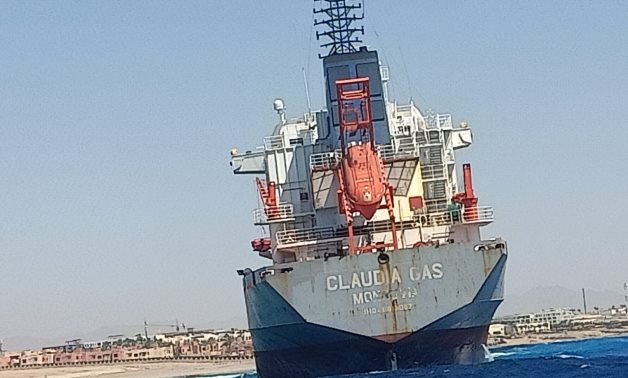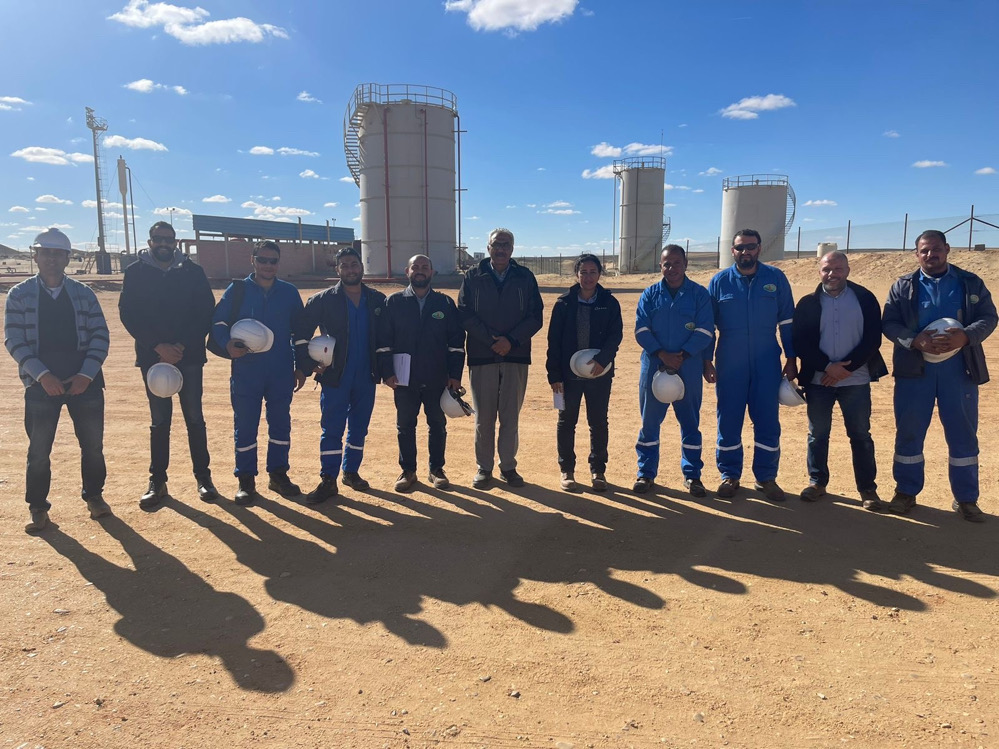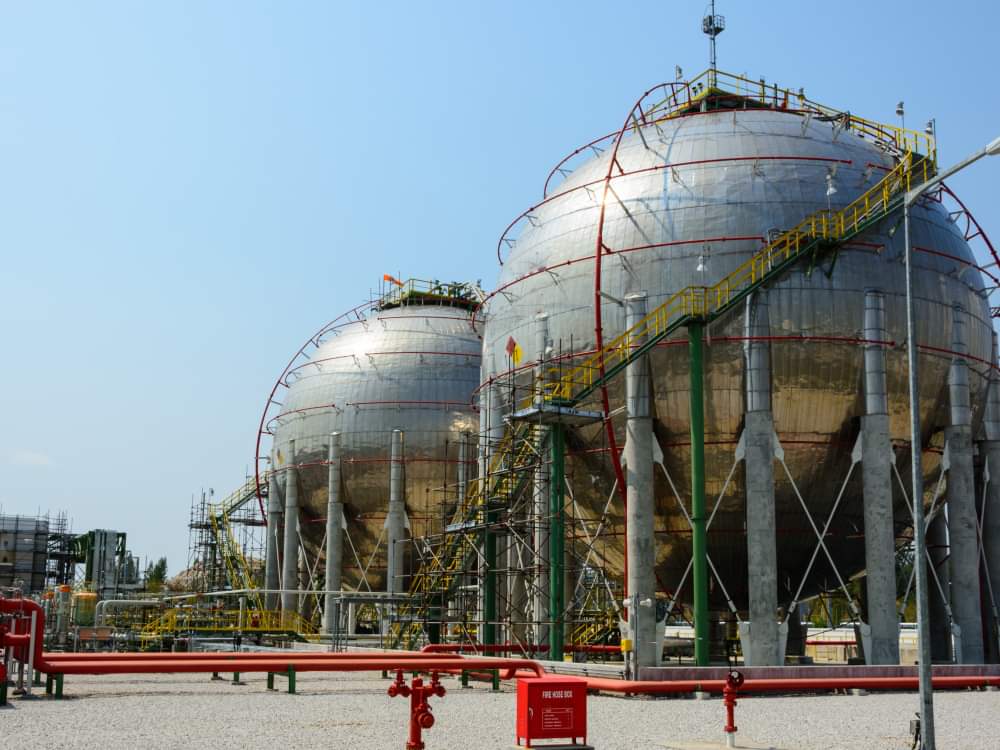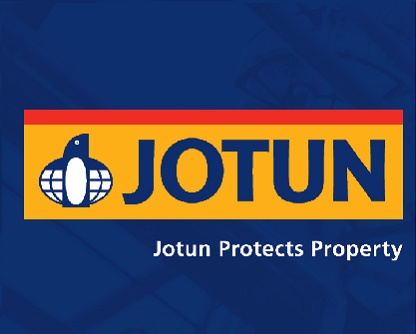HSE
Shell deepens emission targets to become net-zero by 2050 or sooner
Published on : 2020-04-16

London — Shell has deepened its carbon emissions targets promising to become a net-zero emissions energy business by 2050 or sooner as pressure mounts on oil majors to help mitigate climate change.
Under the move, Shell said it will reduce the net carbon footprint of the energy products it sells by around 65% by 2050, up from a previous goal of around 50%, and by around 30% by 2035, increased from around 20%.
"Society's expectations have shifted quickly in the debate around climate change. Shell now needs to go further with our own ambitions," CEO Ben van Beurden said in a statement.
Shell said it will track and report on progress in achieving both the aim to reduce the carbon footprint of the energy products it supplies and develop a method for tracking and reporting emissions reduction by its customers.
One of the first international oil and gas companies to set targets for reducing the net carbon footprint of its energy products, Shell in 2017 said it planned to halve the carbon intensity of its energy products by 2050 following a cut of around 20% by 2035 to help meet the goals of the Paris Agreement.
Faced with growing concerns over cliimate change, global oil majors have been stepping up their carbon reduction targets with a focus on laying out pathways to decarbonize large parts of their business by 2050.
In February, UK-based rival BP announced new targets for the oil major to become a "net-zero" carbon emitter by 2050 or sooner, also aiming to halve the carbon intensity of its products by 2050. The "ambitions" cover greenhouse gas emissions from operations and the carbon emitted from the oil and gas it produces on an absolute basis, including the use of carbon "sinks" such as carbon capture and tree planting.
Spain's Repsol has committed to achieving net-zero Scope 3 emissions by 2050, but by using mostly carbon offsets such as tree planting and carbon capture and storage (CCS). Equinor, Shell and Total have all made commitments to improve the emissions intensity of their products.







